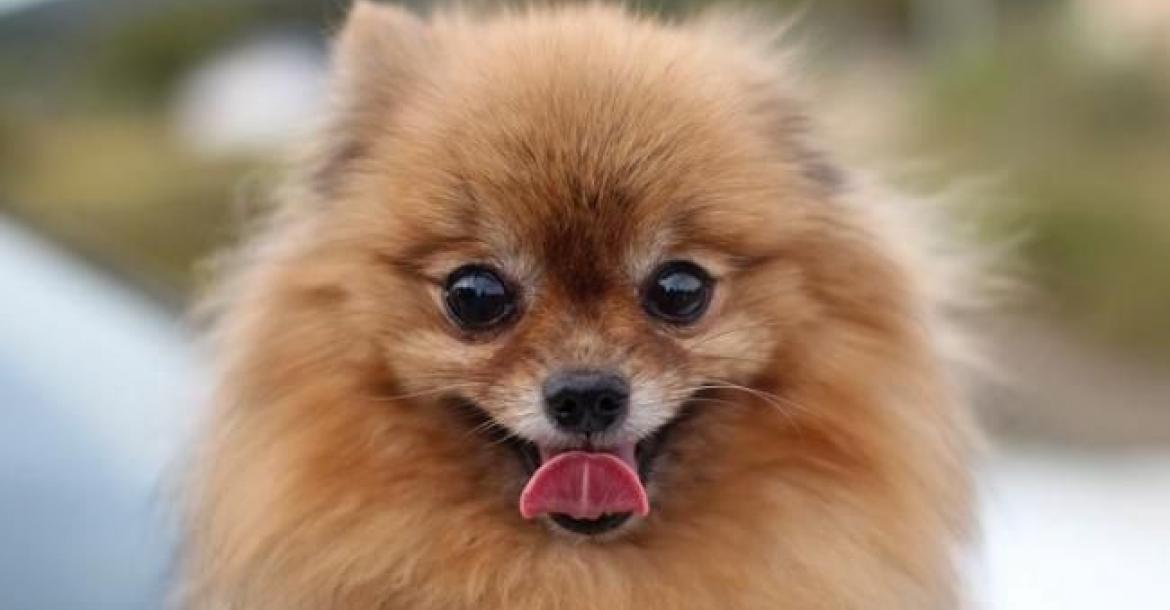Illegaly imported dogs put to sleep in Belgium
In Belgium, indignation arose after two illegally imported "Pomerians" were put to sleep by order of the government. The two animals were taken from the Ukraine by a female resident of Mouscron. A local veterinarian has euthanised the dogs under police surveillance. On Facebook, the owner releases the service that gave the assignment, the AFSCA, and calls it "murderers" and "Nazis". "Belgium is a disguised dictatorship," she adds. She also calls for her story to be shared en masse.
Nino and Foxy, the two dogs, were brought from Belgium to Belgium at intervals of several months, in July 2017 and March 2018. Last Monday the police were at the door with the vet, and both dogs were taken away. Despite the owner claims that both dogs were healthy by the veterinarian.
The AFSCA shows a different story to Dogzine. "A whole series of documents appeared to be out of order in this dossier. For example, there was no health certificate and no valid identification documents, although the European rules prescribe this. Without the necessary documents there can be a risk of rabies. It is important to know that an infected animal sometimes does not show any symptoms for months while it is indeed contaminated. "The AFSCA, for example, points to a child in France who had had contact with an apparently healthy dog in Sri Lanka, but two months later. the child died from rabies. Also the owner would have been asked several times to send the dogs back to the Ukraine. "But action was not forthcoming. In view of the major shortcomings in the area of the necessary documents and the health risk, therefore, euthanasia has been decided. "Such heavy interventions in illegal imports are, by the way, exceptions in Belgium, it occurs about 10 times a year.
The Ukraine is - according to statements by the country itself - "the epicenter of rabies in Europe" and knows thousands of animal infections each year. The country is qualified as a high-risk area for rabies, including domestic animals. Rabies, a fatal disease for animals (and humans), has an incubation period of a few weeks up to a year. Bringing in illegal, not (correctly) vaccinated animals is a big risk, because a dog in the new home country is indeed infected, not only the dog has to be killed, but all dogs that have been in contact are also immediately in danger. Vaccinated dogs (in the Netherlands and Belgium those dogs that sometimes go abroad, "stay-at-home" are rarely vaccinated) are only examined, for non-vaccinated contact dogs usually also death, or at least 6 months of quarantine. Moreover, a part of the country loses its rabies-free status, which means that in that part (usually a fairly large part) a vaccination obligation for all dogs and cats, abroad or not, has been imposed for a number of years. The risk, and the resulting costs and the suffering, of taking illegal dogs from high-risk areas is therefore great. In Belgium, the law also applies that in the area in question loosening dogs for at least six months is prohibited, and that all cats must be kept indoors, cats on the streets are also euthanised.
There is no test to detect rabies in live animals. A certain diagnosis can only be obtained after autopsy of the animal. This is the reason why, after a serious risk analysis and when it is really necessary, an euthanasia of an animal is carried out, as has already been the case several times.
Despite the dog suffering that affects both dogs, this strict intervention by the Belgian government to protect the dogs in their own country is conceivable, given the enormous risks. Belgium is already struggling with a huge import of dogs - mostly illegal - from the Eastern Bloc. Strict adherence to the legislation in place is perhaps the only way to make people aware of the current rules.
It is not known whether the owner herself is being prosecuted. Dogzine asked for a response but did not hear anything.
photo: stock photo, not one of the dogs in question
source





